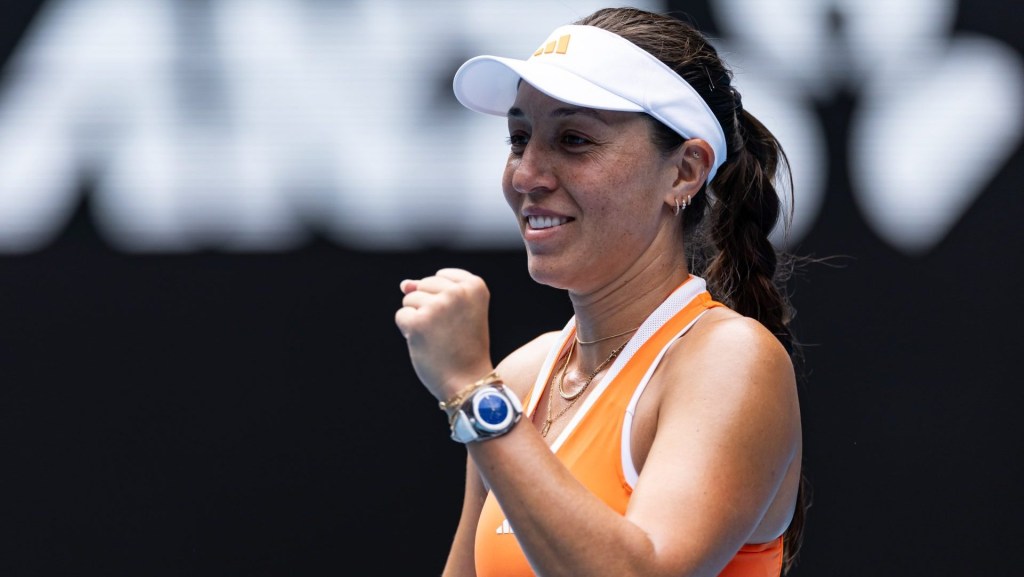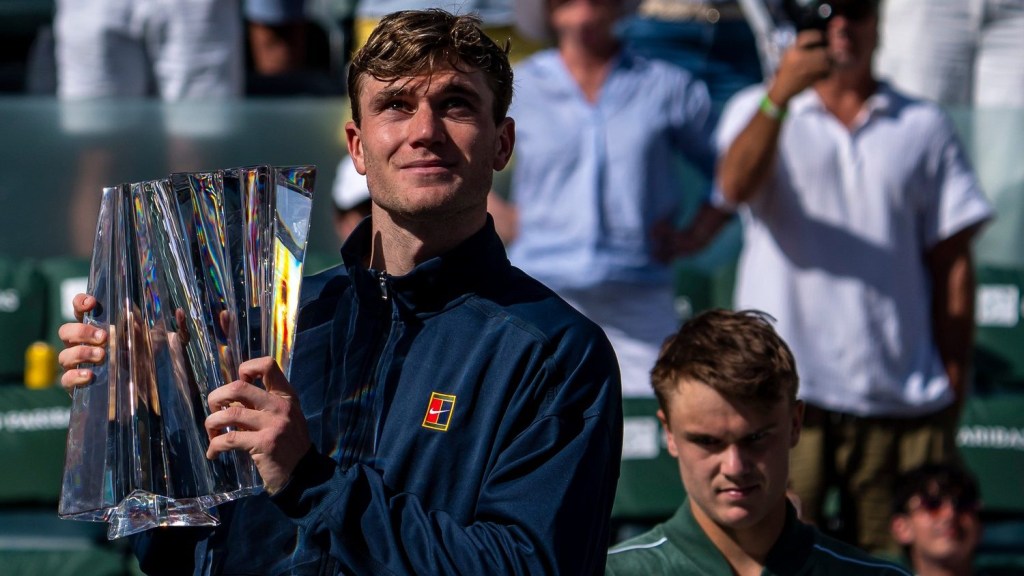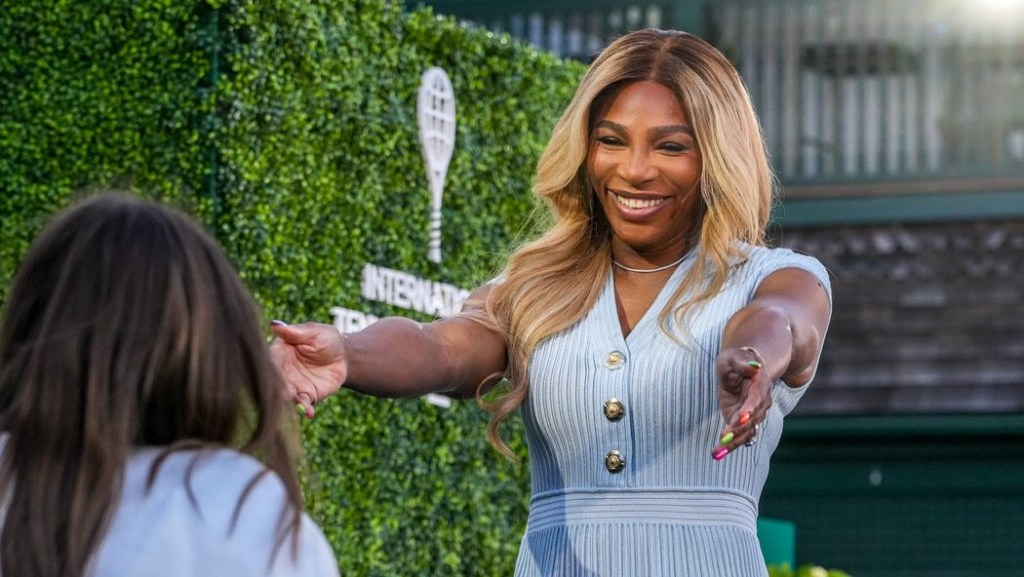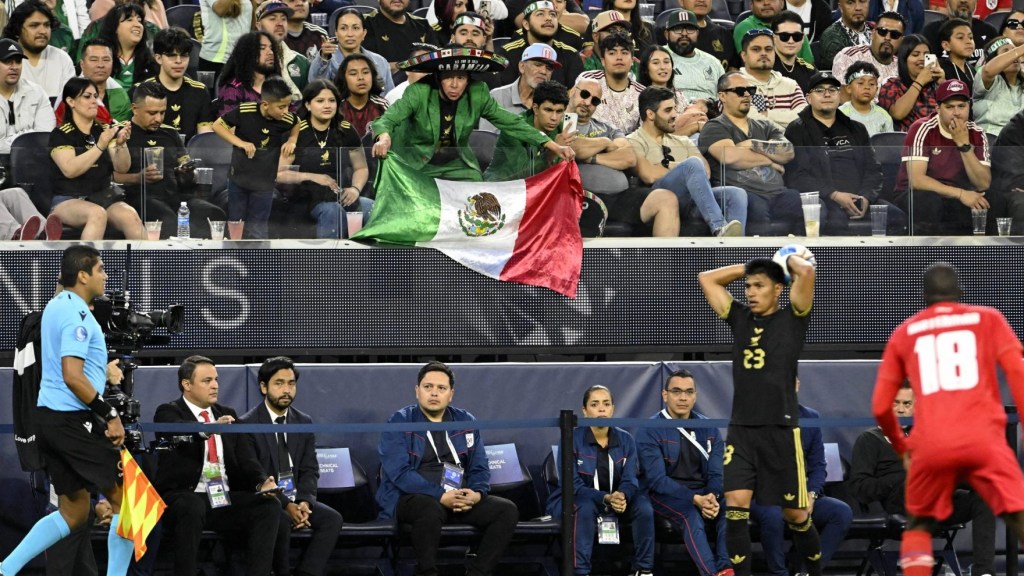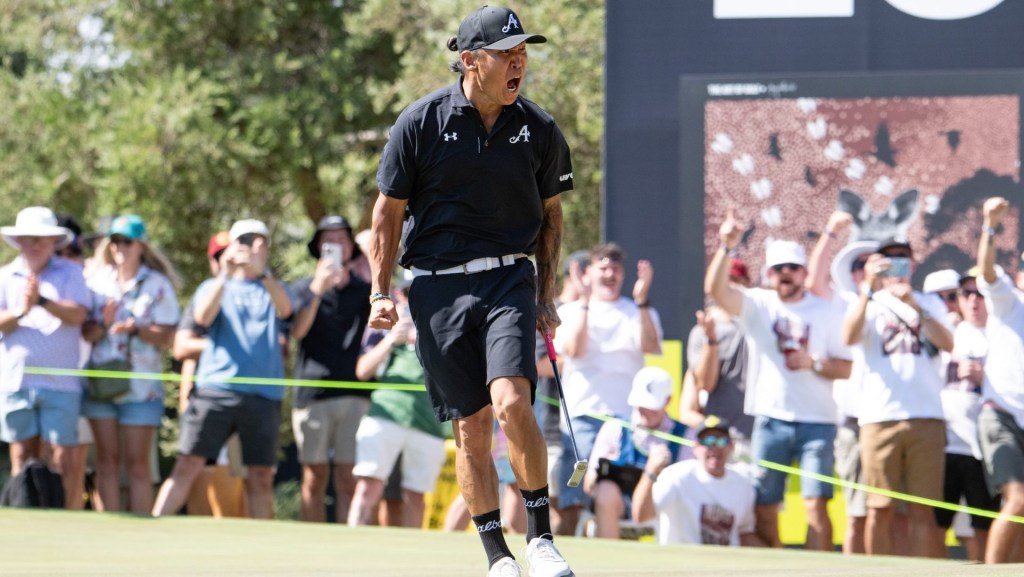Japanese baseball players are trying to make the path to playing abroad easier than it’s ever been before.
The union for Japan’s major league is preparing a legal challenge that will attempt to change the league’s free agency system and give players control over their name, image and likeness. The news was first reported by The Athletic.
Nippon Professional Baseball has produced the likes of Shohei Ohtani and Kodai Senga, but players have lived under a somewhat restrictive system there. In the NPB, teams have final say over player endorsements, and free agency takes years—at least seven domestically or nine internationally—to achieve. (Players can leave for MLB earlier if their team enters them in the complex “posting” fee system, something only a few dozen players have done.)
The Japan Professional Baseball Players Association is preparing a challenge to the league’s NIL rules on antitrust grounds. With NIL, most Japanese players make around $150,000 in endorsements, but there’s belief the number would be much higher if players had control of their own deals.
Tak Yamazaki, who is outside counsel to the JPBPA, told The Athletic the lawsuit will “happen soon.”
Japanese players are trying to take another page out of the MLBPA’s book: free agency after six years regardless of where a player was drafted from or headed to. The union push is unique for the league as club owners wield a lot of power in the NPB.
The union is already coming off some momentum in recent years after it got the “Tazawa rule” repealed in 2020. The rule got the nickname in honor of former Red Sox pitcher Junichi Tazawa, who was essentially barred from playing in his native country after he skipped the NPB draft to chase a major league career. Tazawa played nine MLB seasons and won the 2013 World Series with the Red Sox, but was unable to play in the NPB when his career in the states came to an end because he violated the draft rules. The Japanese Fair Trade Commission found the NPB had likely violated the rule and the league changed the rule while it was under investigation in 2020.
The NPB isn’t opposed to changing free agency, but its counteroffers haven’t come with an adjustment to the international component, The Athletic reported. Instead, the league is open to reducing the time to hit domestic free agency.
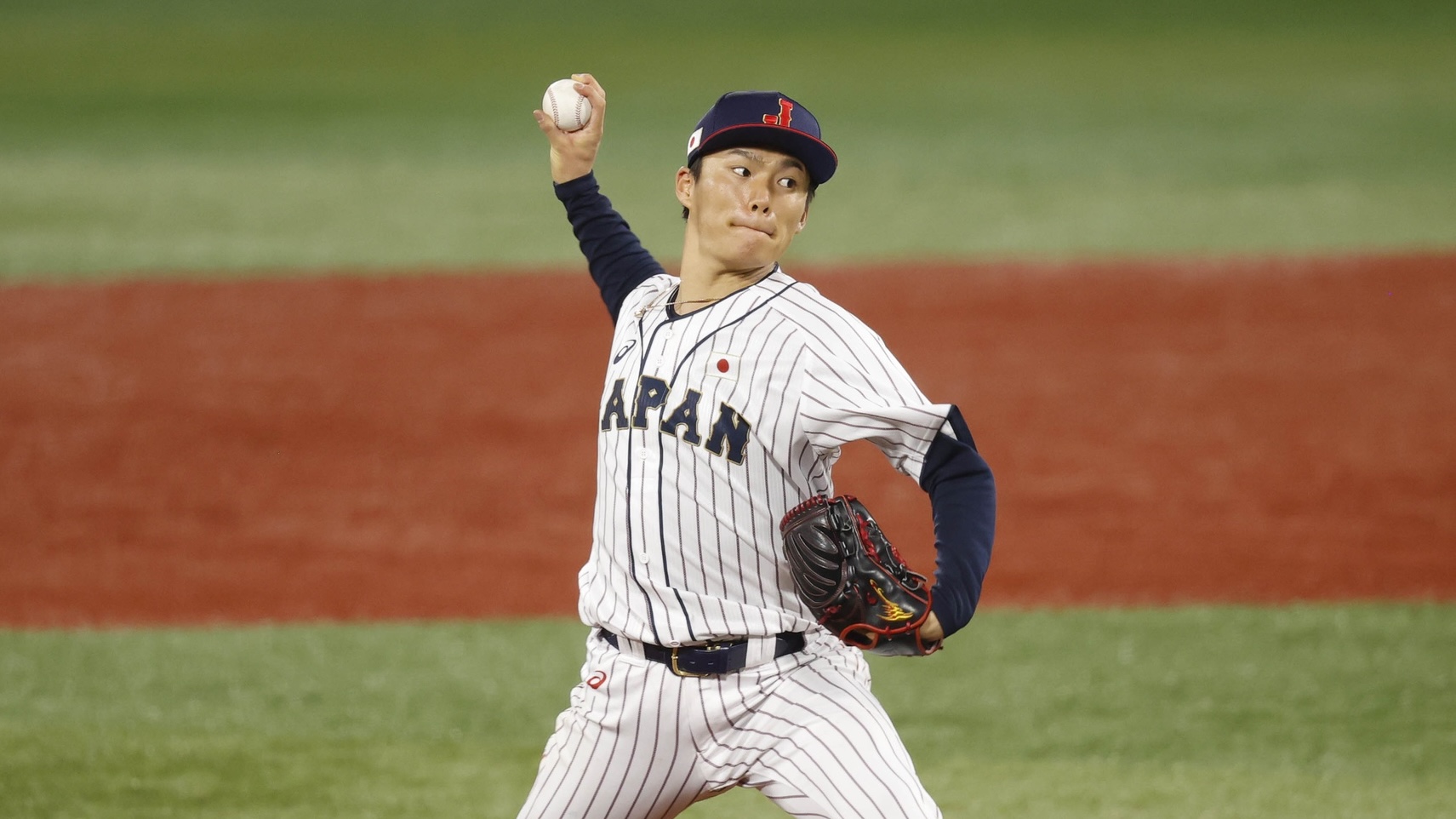






![[Subscription Customers Only] Jun 15, 2025; Seattle, Washington, USA; Botafogo owner John Textor inside the stadium before the match during a group stage match of the 2025 FIFA Club World Cup at Lumen Field.](https://frontofficesports.com/wp-content/uploads/2026/02/USATSI_26465842_168416386_lowres-scaled.jpg?quality=100&w=1024)
![[Subscription Customers Only] Jul 13, 2025; East Rutherford, New Jersey, USA; Chelsea FC midfielder Cole Palmer (10) celebrates winning the final of the 2025 FIFA Club World Cup at MetLife Stadium](https://frontofficesports.com/wp-content/uploads/2026/02/USATSI_26636703-scaled-e1770932227605.jpg?quality=100&w=1024)

